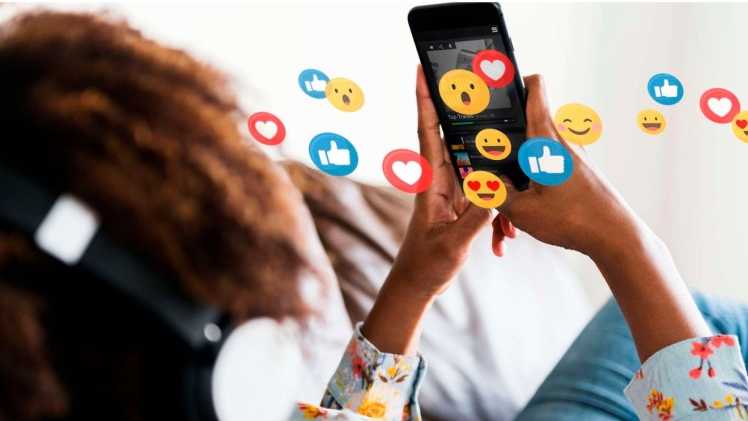Introduction:
In the digital age, social media has emerged as a powerful force that transcends geographical boundaries, connecting people and reshaping various aspects of society. One area profoundly influenced by this digital revolution is celebrity culture. The rise of platforms like Instagram, Twitter, and TikTok has transformed the way we perceive, engage with, and idolize celebrities. This article delves into the multifaceted impact of social media on celebrity culture, exploring both the positive and negative consequences of this virtual spotlight.
The Rise of the Personal Brand:
Social media has given celebrities unprecedented control over their public image. In the pre-social media era, celebrities relied on traditional media outlets for public relations, often subject to the interpretations and biases of journalists. With platforms like Instagram, celebrities can now directly curate their own narrative, sharing glimpses of their personal lives, interests, and achievements. This has led to the cultivation of personal brands, with celebrities strategically shaping their online presence to connect with fans and enhance their marketability.
Direct Engagement with Fans:
One of the most significant impacts of social media on celebrity culture is the direct and instantaneous connection between stars and their fanbase. Platforms like Twitter enable real-time interactions, allowing fans to feel a sense of proximity to their favorite celebrities. This direct engagement fosters a unique form of intimacy, as celebrities share personal updates, respond to comments, and even conduct live Q&A sessions. This democratization of access breaks down the traditional barriers between celebrities and their admirers, creating a more inclusive and interactive fan experience.
The Power of Authenticity:
Social media has redefined the notion of authenticity in celebrity culture. In an era where scripted interviews and carefully crafted press releases once dominated, platforms like Instagram offer a more unfiltered and authentic glimpse into celebrities’ lives. From behind-the-scenes photos to candid moments, fans now crave a more genuine connection with their idols. This shift has prompted celebrities to embrace vulnerability and transparency, humanizing them in the eyes of the public and fostering a deeper emotional connection with their fanbase.
Impact on Traditional Media:
The ascendancy of social media has disrupted the traditional celebrity gossip and tabloid industry. While magazines and entertainment news outlets still play a role, social media platforms have become the primary source for breaking news and updates on celebrities. The immediacy and accessibility of platforms like Twitter mean that news can spread like wildfire, often directly from the celebrities themselves. This shift has forced traditional media to adapt, with many outlets now relying on social media as a crucial source for celebrity-related content.
Social Media Influencers: The new wave of Celebrities:
The rise of social media influencers, who gain fame primarily through their online presence, represents a seismic shift in the traditional definition of celebrity. These influencers, often stemming from diverse backgrounds and talents, amass large followings and wield significant influence over their audience. Social media platforms provide a stage for individuals to cultivate their own celebrity status without the need for traditional gatekeepers. This democratization of fame challenges established norms and broadens the spectrum of who can be considered a celebrity in the digital age.
The Dark Side of Social Media Fame:
While social media has brought about positive changes in celebrity culture, it has also exposed celebrities to unprecedented scrutiny and criticism. The constant visibility and accessibility can lead to an invasion of privacy, cyberbullying, and a heightened sense of pressure to maintain a flawless image. The rise of cancel culture, facilitated by social media, has the potential to damage reputations irreparably, as celebrities navigate the delicate balance between authenticity and public perception.
Mental Health Challenges:
The relentless scrutiny and pressure on social media can take a toll on celebrities’ mental health. The constant comparison, negative comments, and the expectation to maintain a certain image can contribute to anxiety, depression, and other mental health issues. Some celebrities have been outspoken about the challenges they face in navigating the digital landscape, highlighting the need for a more empathetic and supportive online culture.
Conclusion:
The impact of social media on celebrity culture is profound and multifaceted, shaping the way we perceive, engage with, and elevate public figures. From the rise of personal branding and direct fan engagement to the challenges of maintaining authenticity and the darker side of online fame, social media has reshaped the dynamics of celebrity culture in ways that were once unimaginable. As the digital landscape continues to evolve, the relationship between celebrities and social media will undoubtedly undergo further transformations, posing both opportunities and challenges for those in the public eye.

